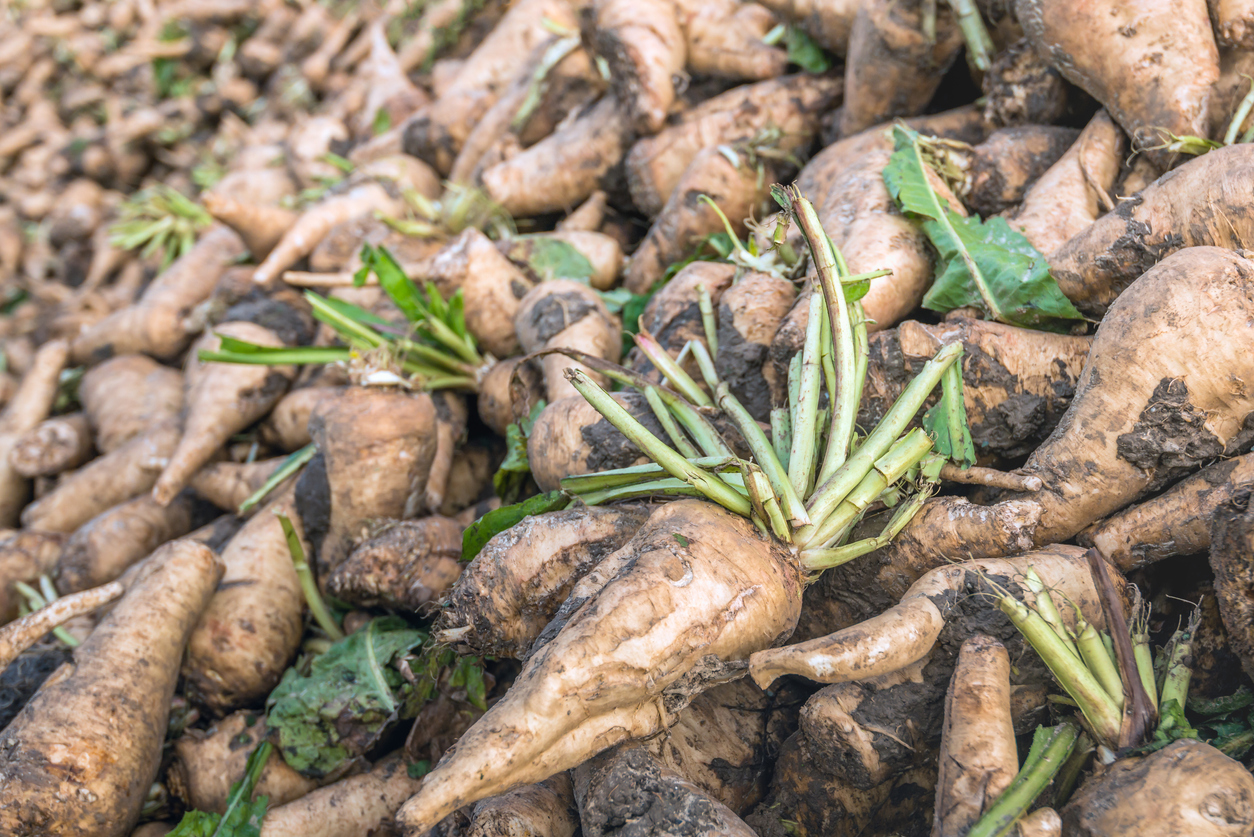
CRISPR Boosts Production of Medical Compound in Chicory
September 21, 2022| |
Experts from KeyGene, Wageningen University & Research, and Leibniz Institute of Plant Biochemistry have developed chicory plants with high levels of costunolide, a plant metabolite with anti-cancer activity. Their findings are reported in Frontiers in Plant Science.
Costunolide was first found in Saussurea costus, a wild plant inhabiting the Himalayas, and is now planted in India but in low yields. Costunolide was also found in chicory, but at low levels, because it only serves as an intermediate, wherein it is produced in the taproots and then rapidly converted to bitter-tasting metabolites. Using CRISPR-Cas9, the researchers blocked the processing of costunolide into other plant metabolites and led to the accumulation of the medical compound in the taproots of the chicory plants.
Read more from KeyGene.
| |
You might also like:
- Pocket K No. 54: Plant Breeding Innovation: CRISPR-Cas9
- Chicory (Cichorium intybus) GM Events
- CRISPR Takes Out Bitter Compounds in Chicory
Biotech Updates is a weekly newsletter of ISAAA, a not-for-profit organization. It is distributed for free to over 22,000 subscribers worldwide to inform them about the key developments in biosciences, especially in biotechnology. Your support will help us in our mission to feed the world with knowledge. You can help by donating as little as $10.
-
See more articles:
-
Gene Editing Supplement (September 21, 2022)
-
Research and Tools
- KIT Researchers Use CRISPR to Prevent Genetic Exchange
- CRISPR Boosts Production of Medical Compound in Chicory
- Chromosome Engineering Now Possible in Mammals
- All-in-one Plasmid CRISPR-Cas9 System Allows Rapid Genome Editing of B. subtilis
-
Policy Considerations and Approvals
- EU Agriculture Ministers Agree on Plant Breeding Innovation to Strengthen Food Security and Sustainability in the Region
-
Public Acceptance and Engagement
- Textbook-style CRISPRpedia Now Available
-
Read the latest: - Biotech Updates (January 21, 2026)
- Gene Editing Supplement (December 17, 2025)
- Gene Drive Supplement (February 22, 2023)
-
Subscribe to BU: - Share
- Tweet

